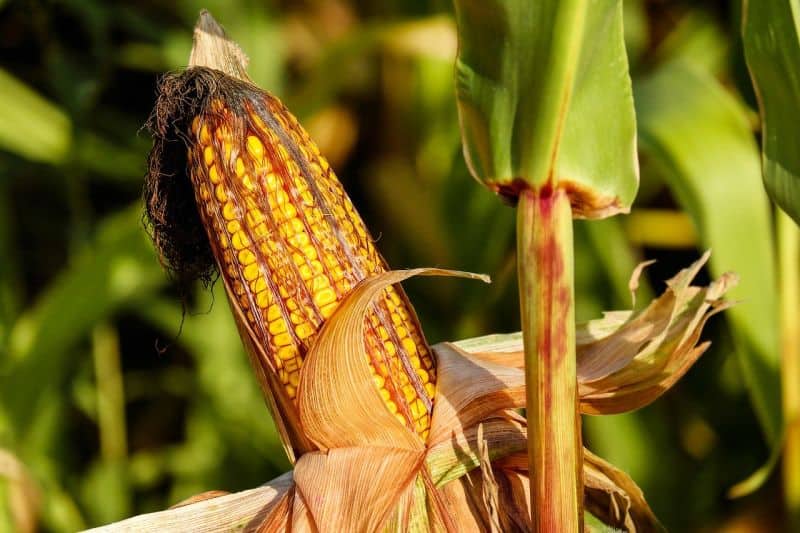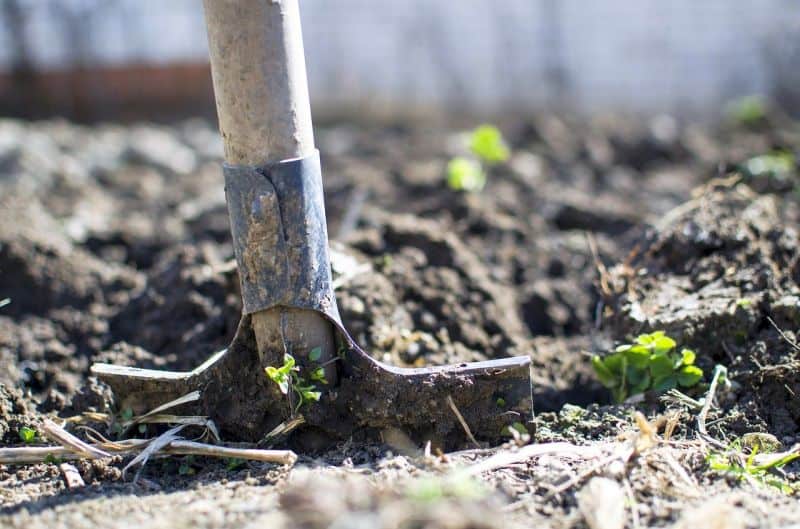What to do with dog poop in your yard:
There is not much else you can do with dog poop other than find eco-friendly ways to dispose of it. Dog poop is loaded with bacteria. According to Poop 911, 1 gram of dog waste can contain as many as 23 million fecal coliform bacteria. This bacteria has been known to cause illness in humans and can poison waterways. It’s not really the type of thing you want to leave lying around in your backyard or even your garden beds. Article continues below advertisement
Can dog poop be flushed down the toilet?
According to the Environmental Protection Agency (EPA), the easiest and most environmentally safe way of disposing of your dog’s droppings is to just flush it down the toilet. The poop will make its way to the sewage treatment plant, where it will be processed. The idea is that the water treatment process will remove most of the pollutants before the errant stool reaches a river or stream. It works for us, so there’s no reason to believe it won’t work for our dogs.
Throw the Poop in the Trash
“But didn’t you just tell me NOT to throw my dog’s poop away?”
Yes, yes, but there is a caveat: Not all plastic bags are created equal.
While the plastic grocery or bread bags many of us use to clean up our dog’s poop are not the best option, this is not true for all bags — some are environmentally friendlier than others.
For example, some dog poop bags are “biodegradable,” which means they will breakdown after a short period.
The term “biodegradable” is somewhat confusing because some of these bags do not break down into harmless substances. They don’t just sit around and become dirt.
Instead, many are a mixture of cornstarch and plastic. When they degrade, the cornstarch goes away, but the plastic powder stays behind.
This is not much better for the environment than your reusable plastic bag from the grocery store – and you’re paying extra for them.
Still, many biodegradable poop bags are a slightly better alternative to traditional poop bags, because they are corn-based instead of oil-based.

But there are even better options.
For example, you can look for baggies that are labeled as “compostable,” rather than “biodegradable.”
This means they can be composted (broken down) at home, which also means they are a better option than the bags made from plastic powder.
Don’t breathe a sigh of relief yet…
Unfortunately, even these compostable corn plastics can create problems too!
They’re quite time-intensive to make since manufacturers have to do all sorts of things to break down, stabilize, and turn the corn into the plastic. All this work and effort increases the size of the carbon footprint associated with producing the bags.
And additional problem with the “biodegradable” plastic used in many poop bags is that it is made by a large agricultural business called Cargill.
This company has a track record of environmental issues and is one of the largest producers of GMO corn, which itself may cause environmental and societal problems.
Cargill was named “worst company in the world” by the Mighty Earth, an environmental organization. They have seriously impacted the health of the rainforest, misreported trade values to mislead governments, and have forced native inhabitants off their land according to the report.
The bags aren’t always compostable either, since they require a specific temperature and humidity to breakdown. They are also not going to sit around and just become dirt.
With all of that said, if you do continue to use these bags to clean up after your dog during walks, we recommend double bagging the poo-poo and tying knots at the top of both bags.
This keeps the waste inside properly sealed and prevents it from accidentally falling out, which would ruin the whole point of bagging it in the first place.
For a slightly more environmentally friendly option, you can use a poop scooper to put poop in a single, large poop can or bag. You can then use a single bag to contain a whole lotta poop.
Of course, this means the poop will sit around for long before you throw it away, which can get nasty quite quickly.
Bagging your dog’s poop and throwing it in the trash is not ideal, but it is better than leaving it on the ground.
If you use compostable bags, you’ll slightly reduce the environmental harm caused… so yay!
Burying your dog’s poop is another common and somewhat easy option – if you own the land to do it, of course.

Just understand that while burying your dog’s poop is better than leaving it on your neighbor’s lawn, it isn’t a perfect solution.
Simply burying dog poop can harm the soil quality since all the bacteria from your dog’s waste is concentrated in one spot.
Nevertheless, if you decide to use this method, you need to dig a hole in your yard that is at least 1-foot deep.
This helps prevent the bacteria from reaching the top of the soil as it breaks down, which could be a problem for your dog, your family, and the wild animals in the area.
Do not bury your dog’s poop near your garden, since you don’t want to introduce this potentially dangerous bacteria to your food (no, your dog’s poo is not natural manure compost)!
Plus, you don’t want to be digging around in poop-soil while you’re trying to plant your plants either.
You’ll also need to switch up your poop-burying spot often to spread the germs and cooties out around your yard. Don’t forget to contact your city before you start any digging to ensure you don’t expose any buried lines too, as that could get you into serious doo-doo.
Usually, it will take about two months with the right conditions for the waste to decompose.
In dry climates or cold temperatures, it can take much longer, though. And unfortunately, some of the bacteria and parasites in the waste can wait around for many months.
With this method, you are also not doing much to protect your local watershed. It will rain, and some of the bacteria will end up in your local creeks, rivers, and lakes.
Burying your dog’s poop is not a magic bullet, but it is a reasonably safe and simple approach that doesn’t add any additional plastic to local landfills.
It won’t, however, protect your local rivers and streams from the germs in your dog’s poop.
Is it OK to bury dog poo in the garden?
Which is the best dog poop disposal method for the environment? Heres what to know about flushing dog waste, composting it, and more.
Our pets are great for our mental health and emotional well-being, but those “little surprises” they love to leave behind arent so great for the environments well-being. Thats why its so important to learn the most eco-friendly method of dog poop disposal.
While theres a lot of conflicting information floating around about dog poop disposal, we did the digging to get you a concrete answer. By using these tips, you can ensure your furry friends waste leaves a small paw print on the planets health.